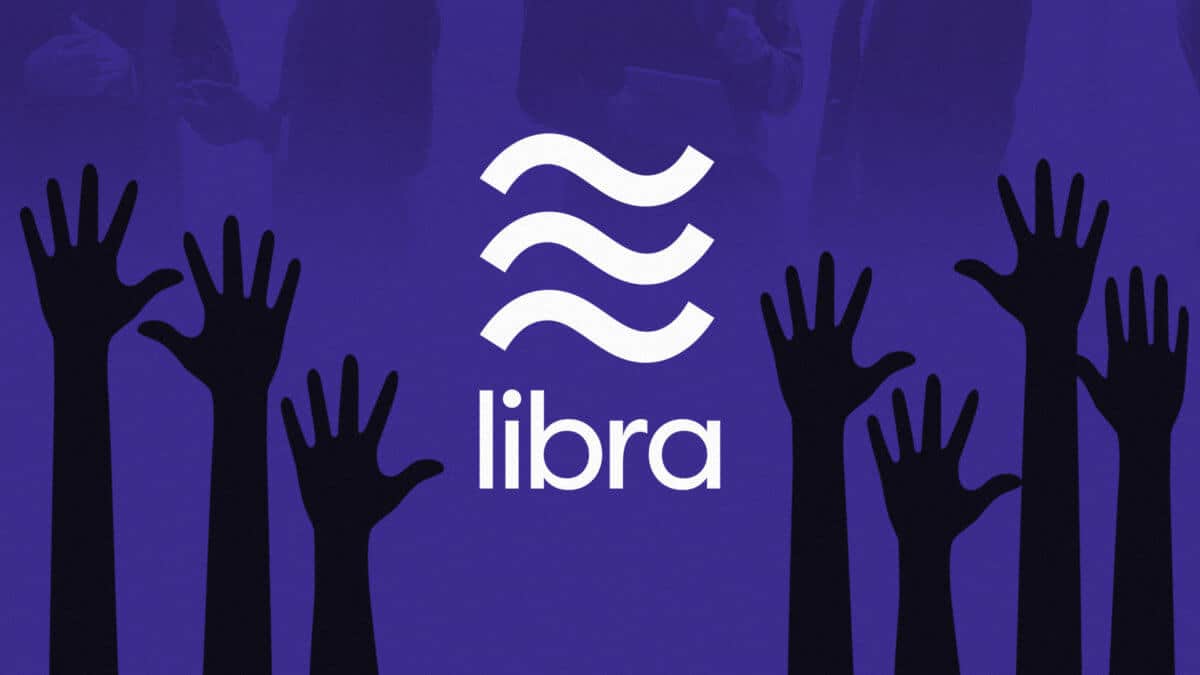Join Our Telegram channel to stay up to date on breaking news coverage
Facebook’s Libra stablecoin is a perspective asset with a lot going for it. Considering Facebook has one of if not the largest reaches in the world, it’s entirely probable for their asset, which should integrate into all of its different platforms like Messenger and Instagram.
However, as one can imagine, a social media platform coming out with its own cryptocurrency that would essentially circumvent traditional payment systems brings up some form of controversy, no?
In fact, one Yves Mersch, an executive board member over at the European Central Bank, feels so strongly about the asset that he goes as far as to say that it isn’t even a cryptocurrency, reports The Next Web.
Mersch did so within a recent conference discussing the legality of cryptocurrencies and other assets. There, he had spoken on the coin as follows:
“To begin with, Libra coins will be issued by the Libra Association – a group of global players in the fields of payments, technology, ecommerce, and telecommunications… The Libra Association will control the Libra blockchain and collect the digital money equivalent of seignorage income on Libra.”
He continued, speaking on Facebook’s stablecoin wallet as well, Calibra:
“The Libra Association Council will take decisions on the Libra network’s governance and on the Libra Reserve, which will consist of a basket of bank deposits and short-term government securities backing Libra coins. Libra-based payment services will be managed by a fully owned subsidiary of Facebook, called Calibra.”
Essentially, he’s saying what many have said before, that a stablecoin isn’t inherently a cryptocurrency because it is under the control of a central party, despite that party using blockchain technology and the assets technically being a cryptocurrency, and having users buy cryptocurrency in a traditional way.
“With such a set-up, it is difficult to discern the foundational promises of decentralization and disintermediation normally associated with cryptocurrencies and other digital currencies,” he says.
Join Our Telegram channel to stay up to date on breaking news coverage


